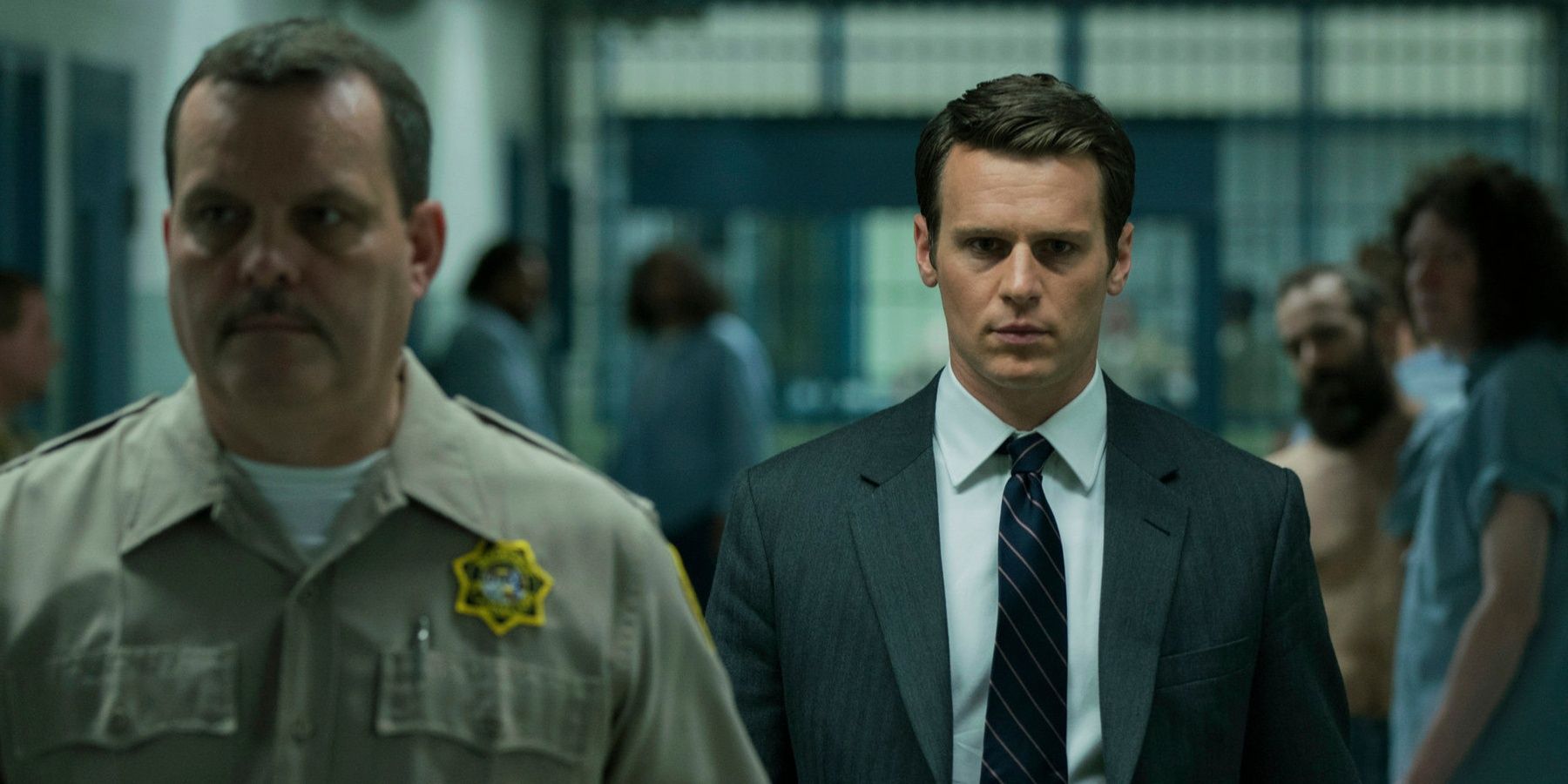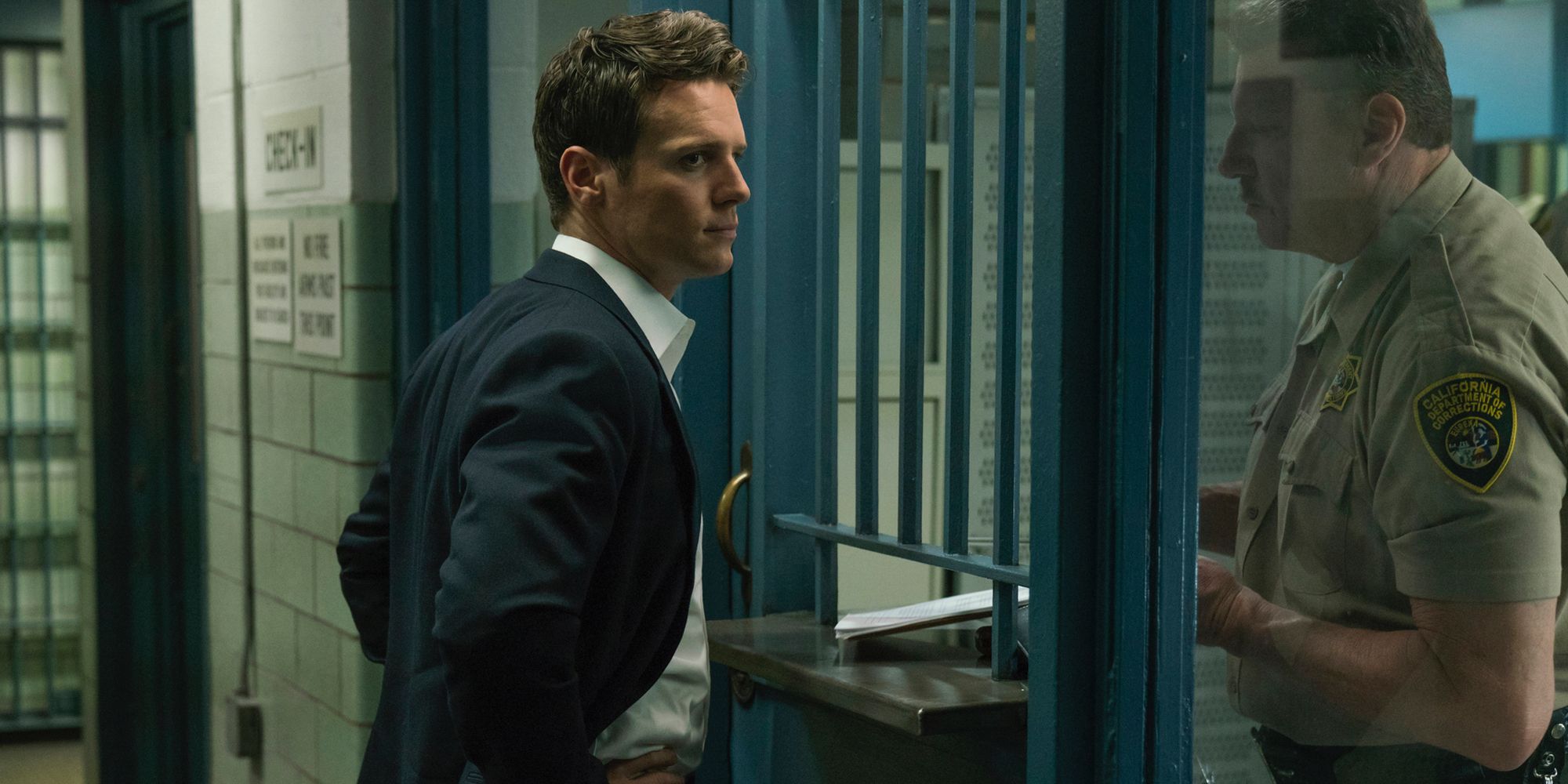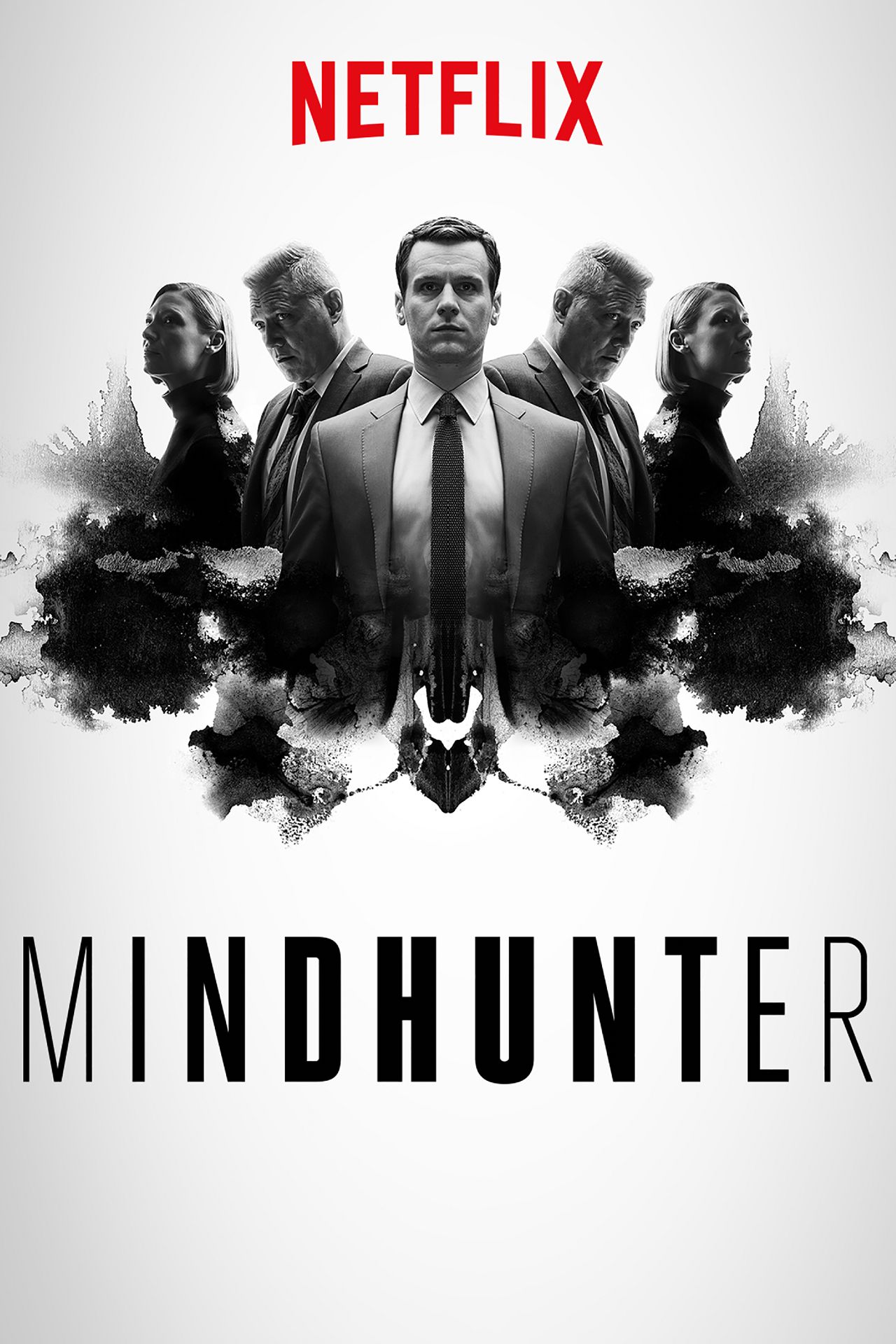Summary
- Mindhunter was a visually and narratively exceptional crime drama that stood out from other series in the genre on Netflix.
- Netflix’s subsequent crime dramas have failed to match the quality and impact of Mindhunter, often glamorizing serial killers and re-traumatizing victims’ families.
- Despite its premature cancelation, Mindhunter has earned its place as one of Netflix’s best TV shows, setting an example for other crime dramas in terms of character development, handling sensitive stories, and visual quality.
Although Netflix has housed various crime dramas, the cancelation of one of its best TV series ever is still tough four years later, and the streaming giant might never match its quality: Mindhunter. Netflix has produced and distributed a variety of TV shows, and it has found big success in the genre of crime dramas. The streaming giant has built an extensive catalog of movies and TV shows from the crime drama branch, but like with projects from any other genre, not all of them have been successful. Many of them have been canceled after just a couple of episodes, but one in particular was unfairly canceled way too soon.
In 2017, Netflix released the psychological crime drama TV series Mindhunter, based on the 1995 true-crime book Mindhunter: Inside the FBI’s Elite Serial Crime Unit by John E. Douglas and Mark Olshaker, with David Fincher serving as an executive producer, most frequent director, and showrunner. Mindhunter was named one of the best TV shows of 2017, and its second season arrived in 2019, also receiving critical acclaim. Unfortunately, Mindhunter didn’t return for a third season, and after a lot of speculation and hope for it to happen, the series has now effectively ended.
Mindhunter Season 3 Is Definitely Not Happening (& That’s A Shame)
Despite the success of the first two seasons of Mindhunter, a potential third season was reported to have been put on indefinite hold in November 2019. The reason given at the time was that David Fincher was working on his newest project, Mank (also distributed by Netflix), so until he was finished with it, Mindhunter would be on pause (via /Film). However, in January 2020, it was announced that Netflix had released the cast of Mindhunter from their contracts and the series was on indefinite hold, as Fincher continued working on Mank and focused on producing the second season of Love, Death and Robots (via TVLine). Netflix added that Fincher “may revisit Mindhunter again in the future”, but in the meantime, the actors were free to seek other opportunities.
Later that year, while promoting Mank, Fincher confirmed that a third season of Mindhunter wasn’t in his immediate plans, explaining to Vulture that, for the viewership that the series had, it was a very expensive show, and he didn’t feel they could do it “for less than I did season two”. A spokesperson added that Mindhunter might be revisited “in five years”, but that didn’t give viewers much hope. The following month, Variety revealed that Fincher fired Mindhunter’s original showrunner during the series’ second season and tossed out eight scripts along with the show’s “bible”, in which the details of the series’ universe were outlined. Mindhunter co-producer Peter Mavromates added that even when Fincher wasn’t directing an episode he was overseeing it, which was exhausting, and Fincher said that, although the series had a passionate audience, it “never got the numbers that justified the cost”.
Unfortunately, the fate of Mindhunter has now been confirmed by David Fincher, putting an end to all hopes for a third season. Speaking to Le Journal du Dimanche in early 2023 (via GamesRadar), Fincher confirmed Mindhunter is over, explaining that, while he’s proud of the first two seasons, it’s a very expensive TV series and “in the eyes of Netflix, we haven’t attracted a large enough audience to justify such an investment”. Fincher added that he doesn’t blame Netflix as they took a risk at launching Mindhunter, but it no longer has a future.
Why David Fincher’s Mindhunter Worked So Well
Mindhunter stood out for its visual and narrative quality. Visually, Mindhunter is like no other crime drama on Netflix as it has cinematic visuals that elevate its quality, and it’s easy to see why Fincher said it was an expensive series. Mindhunter also focused on character development, and stayed away from one of the biggest problems with crime dramas in recent years: glamorizing serial killers. Instead, Mindhunter focused on the trauma caused by exposure to violence, focusing on FBI agents rather than on the criminals themselves. Mindhunter arrived to change the perception of crime dramas, but it didn’t stay long enough for others to learn from it.
Netflix’s Crime Dramas Have Yet To Match Mindhunter’s Quality
Even though Mindhunter is an example of visual and narrative quality in the genre of crime drama, Netflix’s subsequent projects from this branch haven’t come close to what Mindhunter did. Instead, Netflix’s crime dramas have been accused of romanticizing serial killers, re-traumatizing the families of victims, and making the killers too sympathetic, as seen with Ryan Murphy’s Dahmer – Monster: The Jeffrey Dahmer Story. Although other crime dramas on Netflix have also been visually attractive, it’s clear that the streaming giant learned from its experience with Mindhunter as it hasn’t had a crime drama show with the same cinematic quality as Mindhunter.
Even if it ended too soon, Mindhunter earned a place in Netflix history as one of the platform’s best TV shows. As such, Mindhunter should be an example for other crime dramas in terms of character development, how to handle sensitive stories, and visual quality, thus avoiding the biggest issues that have plagued other crime dramas produced and distributed by the streaming giant.
Sources: /Film, Vulture, TVLine, Variety, Games Radar




